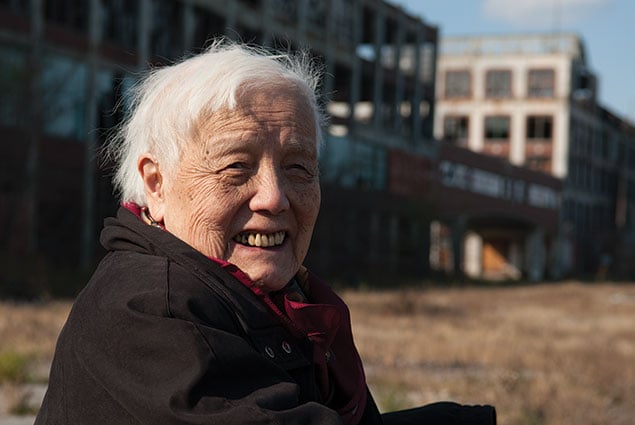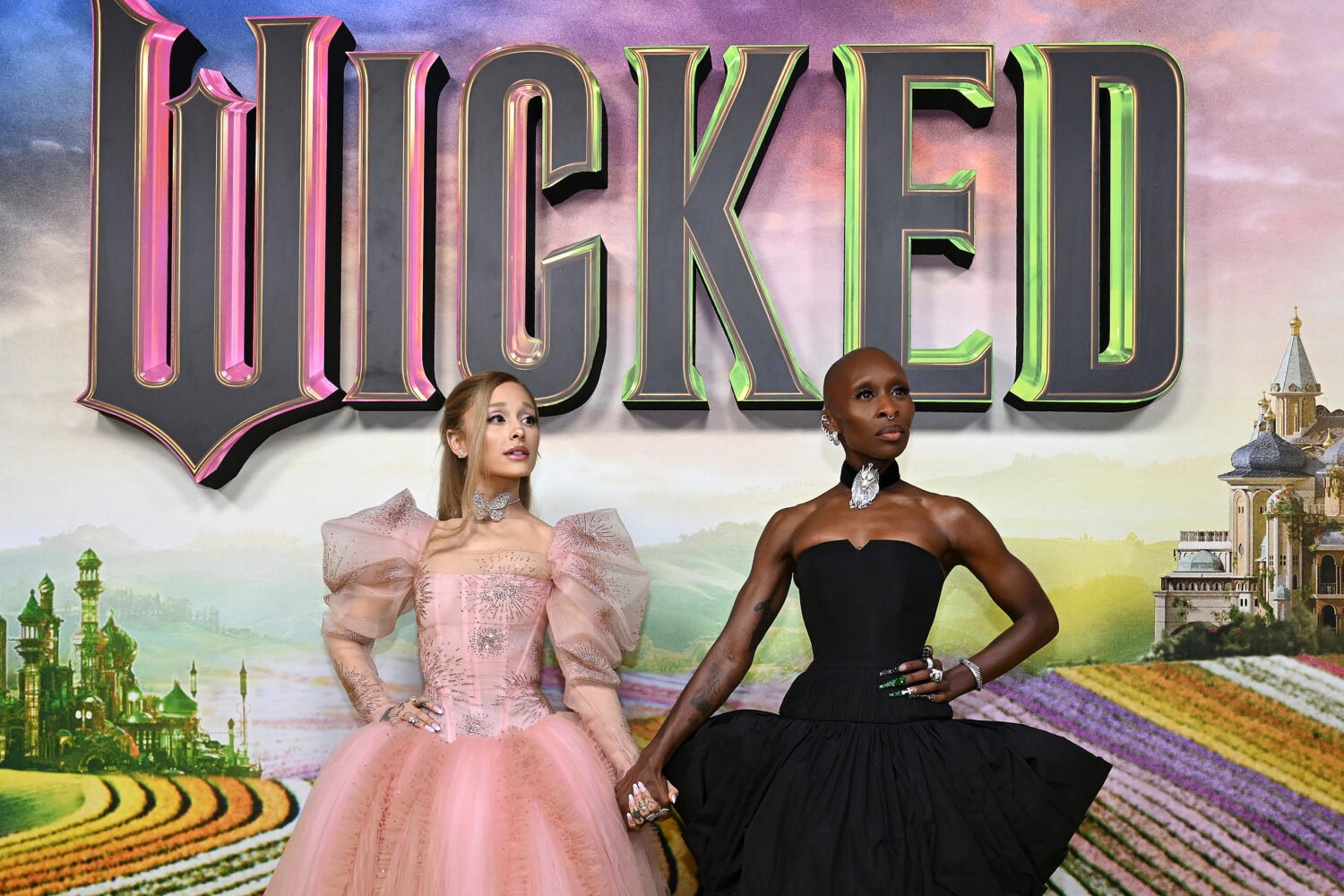At 97,
Grace Lee Boggs doesn’t look much like a social activist or someone with an extensive FBI file, but
she’s exactly that. Filmmaker
Grace Lee’s (no relation, although she came across Boggs while researching a film about women
with the same name as her)
American Revolutionary: The Evolution of Grace Lee Boggs chronicles Boggs’s life from her childhood as a Chinese immigrant in Rhode Island
through her adult life as a Marxist theoretician, black power activist, and philosopher.
Boggs’s wit and charisma carry the film—it’s hard not to be charmed by her willingness
to do what she believes is right and the matter-of-fact way she recalls accomplishments
from the past. “You don’t choose the times you live in,” she says. “But you do choose
who you ought to be, and you do choose how you ought to think.”
During her time in college at Barnard, Boggs came across
Georg Wilhelm Friedrich Hegel’s teachings, and, thus, a philosopher was born. After more schooling, Boggs moved
to Chicago, where she came in contact with the civil rights movement for the first
time. “I was aware that people were suffering but it was more a statistical thing,
and here in Chicago I came in contact with it as a human thing,” she said.
After taking part in the 1941 March on Washington, Boggs eventually moved to Detroit
to be closer to the African-American working population—beginning her love affair
with the city. There, she met her future husband,
James Boggs. Through clips from television appearances and speaking engagements, we get a clear
picture of the couple as public speakers, passionately discussing the civil rights
movement. In interviews, Boggs recalls her viewpoints of
Martin Luther King, Jr. and
Malcom X’s teachings with clarity (she preferred the latter’s point of view).
At times,
American Revolutionary seems more like a history lesson than a profile of Boggs—a reminder of how much she
has seen in her lifetime. However, interludes to explain Hegel’s and Marx’s teachings
are helpful in understanding Boggs’s conversations. The film slows down after focusing
on the 1967 Detroit riot and shifts to Boggs’s involvement in rebuilding Detroit and
her later life without her husband by her side. Even into her late 80s and 90s, Boggs
is still living the kind of life that makes you wonder what you’ve been doing with
your own. It’s easy to see why Lee chose to center the film around her.
Boggs’s close relationship with Lee is apparent early on (when Lee gives Boggs a haircut
in the latter’s kitchen), and their friendship develops over the course of the film.
However, during their conversations, Boggs is quick to dodge personal questions or
to put a positive spin on a negative situation, and, by the end of the film, Lee and
the film’s viewers are left wanting more. Lee never really gets the personal responses
she’s looking for, but she does get Boggs thinking, which, coming from a philosopher,
might be the best she’s going to get.
Playing June 21, 5:15 PM at AFI Silver Theatre and Cultural Center, and June 23,
2:15 PM at the National Museum of American History.
















